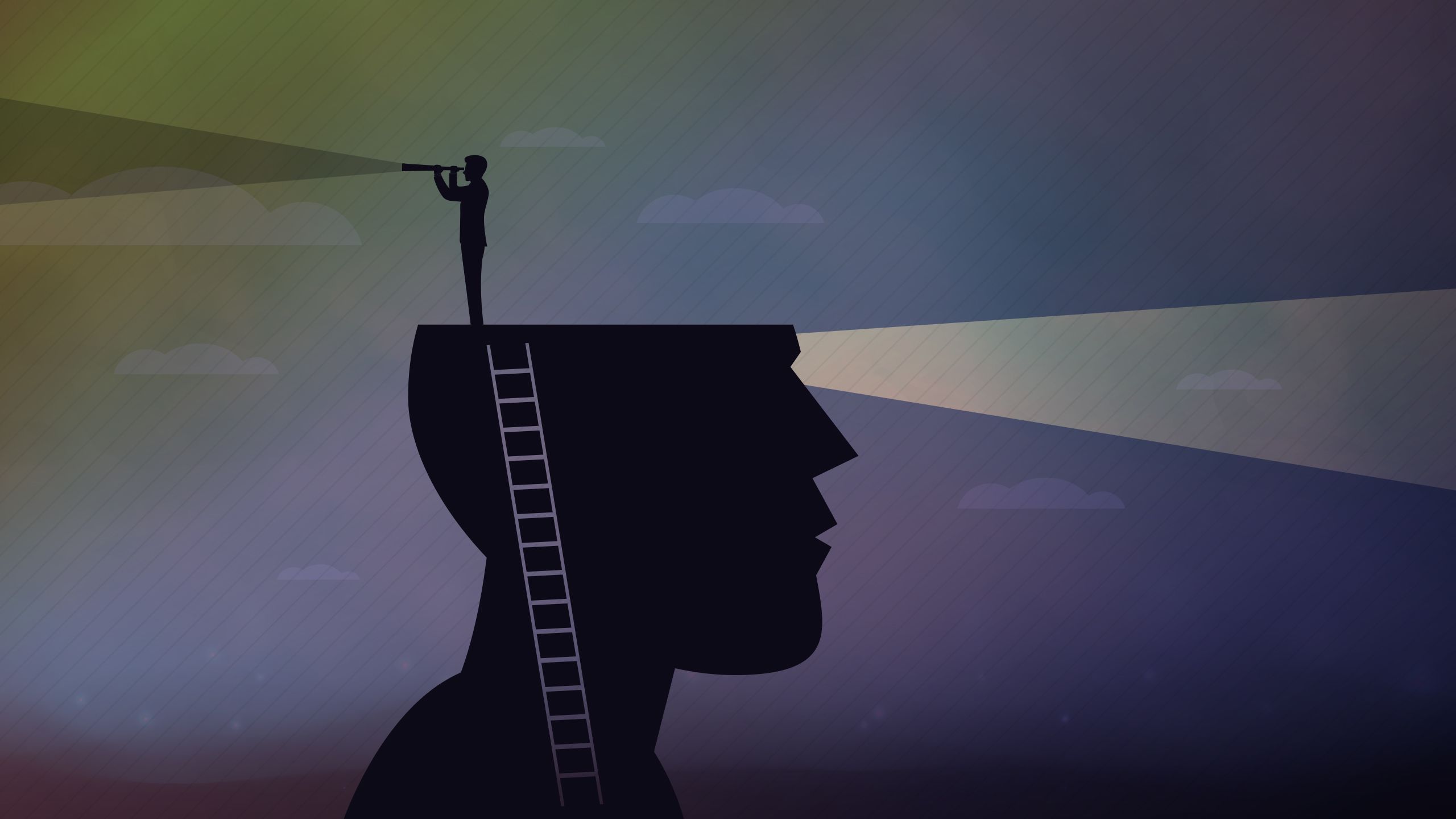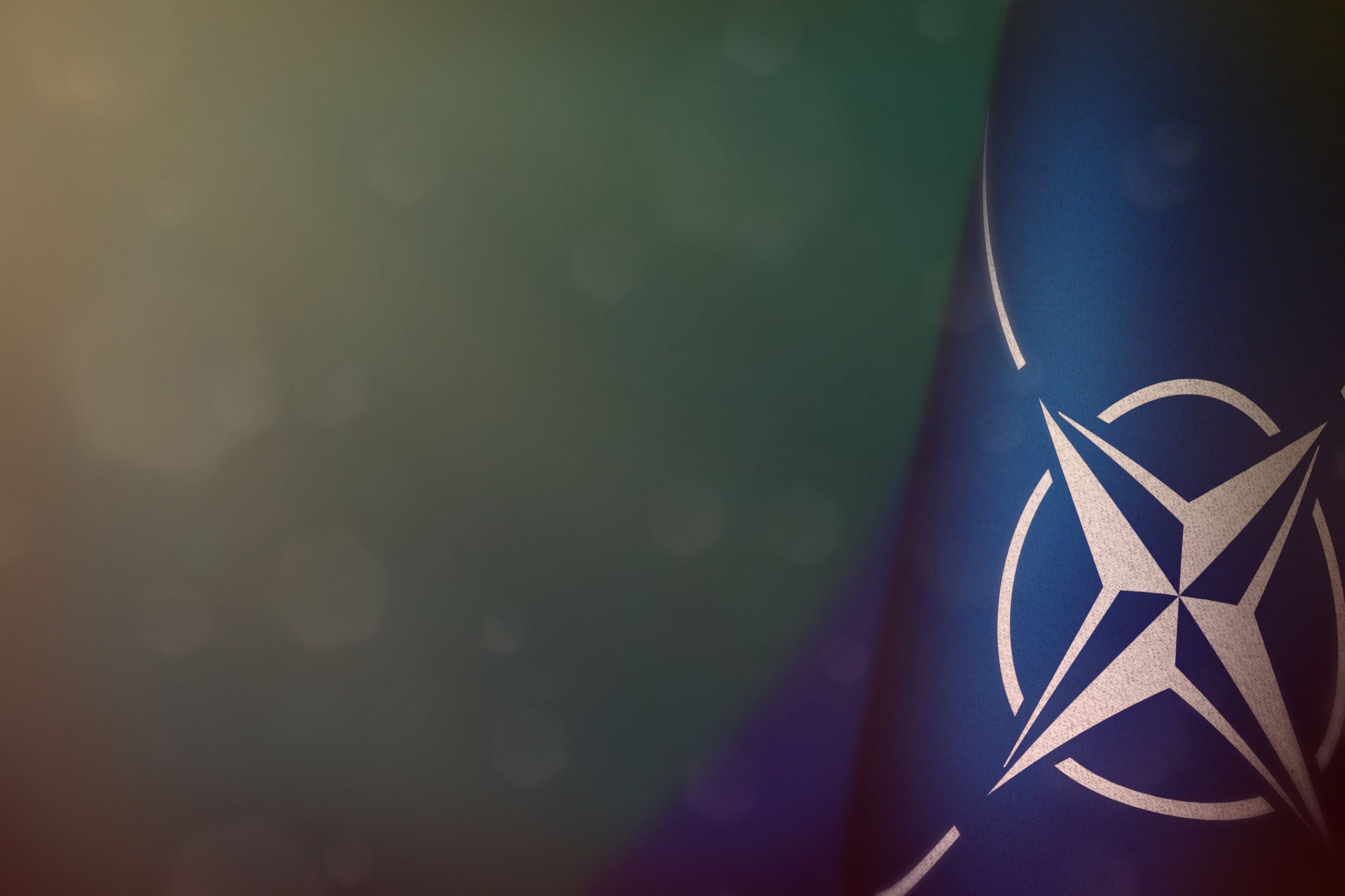NATIONS CAN’T ESCAPE THEIR OWN HISTORY
James Landale, diplomatic correspondent,
BBC News, reports from Helsinki

The best diplomats are also historians. They need to see the short-term through the prism of the long. They need to know what worked in the past and what did not. They need to have a grasp of where the world has been to have a sense of where it might go. When social media is ever shortening attention spans, diplomats must lift their eyes to the horizon and play the long game.
But they must also be historians because the politicians and nations they serve cannot escape their own history. Take Finland, from where I am writing. Helsinki positively heaves with history, reflecting its complex past, particularly its time as part of the Russian empire. A stroll past the cathedral reveals a statue of a former Russian Tzar, Alexander II (“He was a good one,” a Finn told me. “We don’t mind him.”) I am here travelling with the UK Prime Minister, Boris Johnson, who is signing a security pact with the Finns to tide them over while they apply for Nato membership. That extraordinary decision is itself shaped by history. The short-term vision would have presumed Finland might stay militarily non-aligned because that is the status it has lived with for more than half a century. But the historian-diplomat would know that memories of the Winter War of 1939, when Soviet forces invaded, burn deep in the Finnish soul. The clear parallels with the invasion of Ukraine are one reason why public opinion in Finland has been transformed in favour of Nato membership. Vastly outnumbered Finnish troops, highly mobile on skies, launching devastating attacks on long, road-bound Russian columns before disappearing into the forests. Sounds familiar? Not for nothing have sales of books about the Winter War soared since February 24.
The historian-diplomat would know that memories of the Winter War of 1939, when Soviet forces invaded, burn deep in the Finnish soul
Just over the sea in Sweden, history has played a role in its own debate about joining Nato. Sweden had seemed the more reluctant of the two Nordic countries to join the military alliance. Part of that, diplomats say, is because Sweden’s neutrality reaches back deeper into its past, a product of its imperial losses during the Napoleonic wars. That neutrality survived the ambiguity of two world wars. In other words, the people of Sweden have a bigger cultural and historical hurdle to leap before they throw in their lot with Nato. Hence the cautious approach of Sweden’s politicians, always ensuring they never march too far ahead of public opinion.

To the east, in Russia, history plays an even greater role in shaping current events. Vladimir Putin’s long television address at the beginning of the war in February was littered with his own (how can I put it?) particular view of history. He made clear he chose to invade because of his belief that Ukraine was not an independent nation but the creation of Bolshevik Russia, railing against Lenin for seeing the Soviet Union as a confederation of separate republics, insisting the shared origins of the Kievan Rus medieval empire in Kyiv meant Ukraine was still part of greater Russia. All claims which are highly disputable, to say the least. Look too at the repeated Russian propaganda seeking falsely to portray Ukrainian fighters and politicians as Nazis. It is usually dangerous for any contemporary politician to make comparisons with Nazi Germany; it rarely works, and the risks are huge. But Mr Putin’s untruthful fearmongering clearly has resonance with some Russians whose families suffered grievously at the hands of the Nazis. It cuts both ways, though. The UK Defence Secretary Ben Wallace recently accused Mr Putin and his generals of “mirroring” the fascism and tyranny of twentieth century totalitarian regimes, with the same disregard for human life, national sovereignty and international rules. As such, Mr Wallace argued, they were hijacking their forebears’ proud track record of repelling Nazi fascism. History may be continually debated and re-evaluated, but that does not stop both sides using it to their own ends.
Britain is no exception. The mythology of the UK’s role in the Second World War is alive and well. The Daily Mail newspaper loves nothing better than a picture of a Spitfire. Films about Winston Churchill abound. The Prime Minister – himself a Churchill biographer of sorts – quotes the man frequently. Nostalgic imperialism echoed in some of the Brexit debates. And it shapes current discussions about ‘Global Britain’s’ place in the world. According to some analysts, the UK has to shed the slough of its past before it will feel more comfortable in its new twenty-first century skin, with an international role based on a contemporary assessment of its strengths and weaknesses. Not all agree with that analysis, but Britain’s history can sometimes get in the way of its diplomacy, triggering anti-colonial rhetoric from some potential allies or encouraging timidity among UK policymakers fearing accusations of imperial grandeur.
Elsewhere in the world we see history abound in geopolitics, encouraging inertia or accelerating change in equal measure: Germany ending decades of post-war antipathy towards militarism by sending weapons to Ukraine and ramping up defence spending; Iran’s Islamic republic seeing itself as the inheritor of a nation dating back thousands of years to the Persian empire, compared to what it sees as the more youthful Gulf states; the United States still living with the legacy of its civil war, with an increasingly polarised polity fighting over race, culture and politics in a way that threatens the legitimacy of its constitutional foundations; and China - under President Xi – seeing its resurgence as a global superpower a necessary historical correction for the Middle Kingdom after suffering the lingering after effects of the so-called “Century of Humiliation.”
